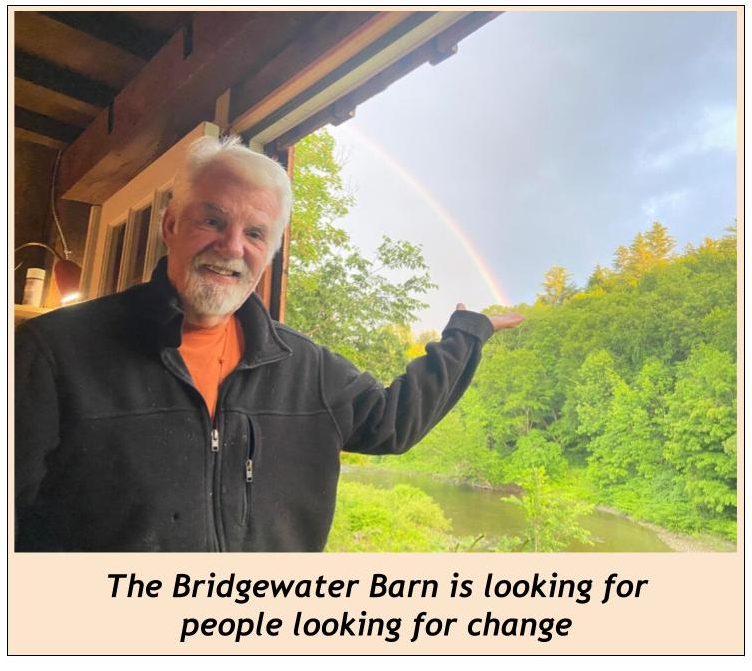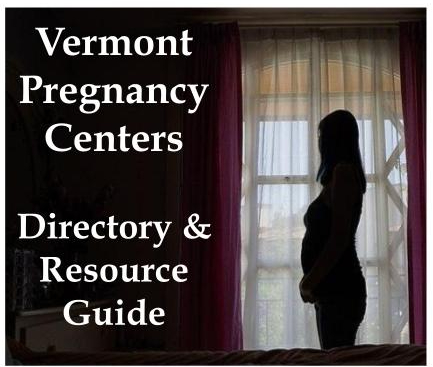
By Kayla Santiago, Community News Service
With upcoming reapportionment proposals about to create new political lines in Vermont towns and cities, Steve Terry, a longtime Vermont political observer and former journalist took a look back at the history of apportionment in Vermont.
Steve Terry was a reporter with a focus on government policy for most of his career. Terry had a focus on Vermont politics before spending time in Washington D.C. He covered apportionment in Vermont at its start.
For much of its history, Vermont had a representative for nearly each city and town. This created a problem under the Fourteenth Amendment, which requires, in part, equal political power for citizens.
Vermont’s representatives were then elected by wildly different constituencies, including, for instance, a representative from Stratton with a 38-person constituency.
“1965 that was the year the Vermont house violated the Fourteenth Amendment, if fair apportionment was not achieved by June 30, 1965, it would have to be done by a federal court order,” Terry said.
The Vermont House went from 246 to 150 members that year, Terry said, a number that remains today.
This apportionment led Vermont’s political landscape to change into what it is today, he said. He linked apportionment to Vermont’s modern liberal reputation.
“My view is that many years later, the real spark for a whole host of posts, aggressive legislation and changes had to do with reapportionment,” he said.
This redrawing of political lines centralized many local community roles and changed the local government’s involvement in many rural Vermont towns. However, these changes did not stop small communities from being tight-knit.
An example of these changes was the abolishment of the previous title of “overseer of the poor,” Terry said.
“There was once an overseer of the poor. They would often send underprivileged people off to a ‘poor farm.’ This job was abolished and handed this local responsibility to the state legislature,” Terry said.
Terry believes that most issues observers see now will end up being inconsequential once the new political map is set.
Vermont’s ability to see beyond political parties is unique, Terry said. Candidates who run for office run on platforms for the community and are elected based on their knowledge and desire to push villages, towns, and cities forward, not to push a specific agenda, he said.
“I think there’s still a strong sense of community in Vermont. By that, I mean the whole town or that you live in, and in some cases, the region,” Terry said.
Terry cited the geographical divisions of Southern Vermont as a past and potential future obstacle. The physical barriers posed by the Green Mountains create differences in needs and opinions between communities — if districts are drawn without considering the preexisting geographical barriers, it may be challenging to come to decisions that benefit one side of a mountain and the other.
“Generally speaking, a town that’s divided by a mountain with its neighbor is not going to be as strong as it was before,” Terry said.
It is possible to make cohesive decisions and come to productive compromises with exemplary leadership and patience, but it is not easy, he said.
Categories: History






Re: “Candidates who run for office run on platforms for the community and are elected based on their knowledge and desire to push villages, towns, and cities forward, not to push a specific agenda, he said.”
I’ve been living in Vermont for nearly 50 years. I’ve served on a local school board, on the planning commission, on the downtown development alliance, and have participated in more roundtable discussions than I care to recall. I was the first to put our towns voter checklist on a computer database.
But we should not kid ourselves with reminiscent dreams of harmony. The political landscape is cyclical, and always has been. Specific agendas are always being pushed by one faction or another – as Madison so aptly discussed in Federalist Paper #10. In fact, or in my opinion at least, our puritan heritage is particularly prone to tyranny by factions. Someone in town is always being forced to wear a scarlet letter of one kind or another.
To paraphrase Ronald Reagan, the problem with government is the government. Tyrannies by a majority exist in districts with millions of people and in districts with hundreds of people – or even less.
I’m afraid the redrawing of political lines is just more pillow arranging. Our problem is not one of not being able to communicate from one side of the mountain to the other, especially in the age of the internet. The problem is government’s propensity toward ‘mission creep’.
Every time my neighbors and I get together and agree to take on a public project with tangible benefits for all, if and when we are successful, the knee-jerk reaction is to look for something else to do. The point being, of course, that no one should have to look for something to do. In fact, the less there is to do as a government, the better. It means the community, and the individuals in it, are functioning well.
In other words, in a successful community, ‘that government is best that governs least’. And in the community in which that government governs not at all, it’s Nirvana – Heaven on Earth. And while this perfection is never entirely possible, the relentless pursuit of it remains a worthy task.
In business, I’ve always maintained that the best managers create an environment in which they aren’t necessary. But ‘mission creep’ is a natural tendency – counter-productive as it may be. One of the caveats for continued success is knowing when to take down the tent and go home. Issues truly requiring a commonwealth effort, like jury duty and defense, are obvious enough. But creating a permanent common watering trough only encourages us to drink at it – when we would be better off at our own well.
“Half the harm that is done in this world is due to people who want to feel important. They don’t mean to do harm; but the harm does not interest them. Or they do not see it, or they justify it because they are absorbed in the endless struggle to think well of themselves.” T. S. Eliot
Perhaps bringing back 2 senators per county would help.